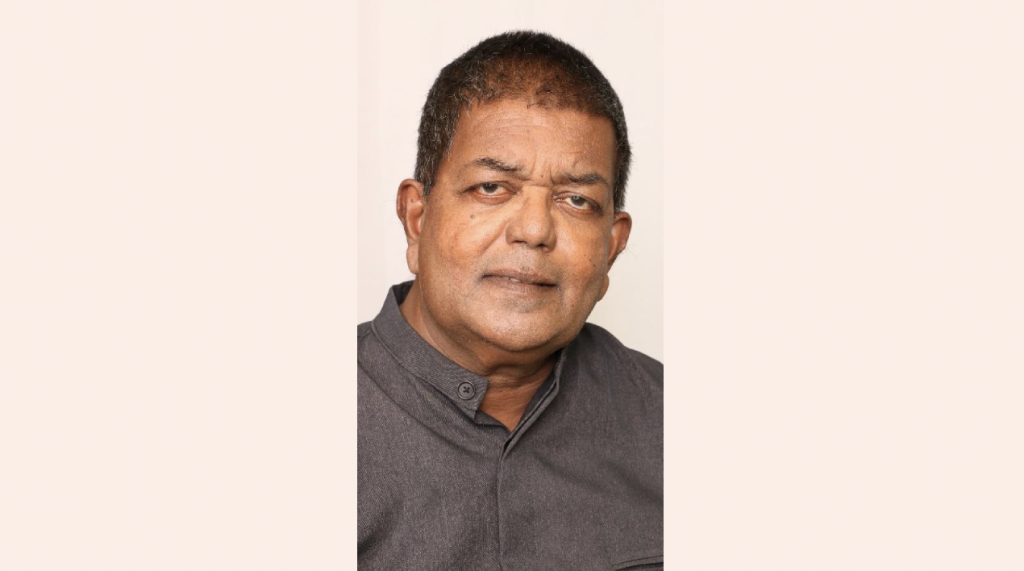One solution to crime is to arm the law-abiding citizens. If the owners and families of small and medium enterprises are the victims, the police have a moral duty to arm them so that they can protect their properties, families and themselves.
In the USA, the Democratic- run states are under siege by criminals. In the state of Atlanta criminals are having a field day. The same can be said for Chicago and New York, two other Democratic-run states. Businesses are closing their doors and handing over their keys to the banks.
The runaway crime explains why the Republicans are resisting the banning of the sale of firearms. They understand very well that when they are not armed to defend their families, homes, and businesses, they are going to be at the mercy of criminals.
In Trinidad and Tobago responsible citizens must be trained not only to detect suspicious criminal activities but to use handguns. The inaction of the police in this direction begs the question: Is the police sympathetic to criminal and miscreants? What are the proactive programs of the police to arrest this crime surge?
In our school system strong disciplinary actions are not taken against miscreants who are usually sent home for seven days only to return to commit similar wrongs- a nuisance to staff and pupils. The principals, deans and guidance officers are limited in their measures to arrest those wrongs which are solely in the hands of the Minister of Education.
If our disciplinary measures are well executed in the school system, the crime statistics can be reduced significantly. Also, through the education system dysfunctional homes can be identified and early and timely interventions by social workers can arrest some of the anti-social behaviors.
It is a crying shame that after more than ten years of education a great number of our pupils are functional illiterates who cannot perform in the workplace. No employer wants to hire an employee who is devoid of basic reading and numeracy skills. More than 200 underperforming primary schools were identified, mainly along the east-west corridor more than two years ago. Can the Minister of Education say what actions have been taken to improve those schools?
Government social programs have bred a culture of state dependency. There are generations of people who have forgotten how to work for a full eight hours. Except for the private sector and the self-employed, large sections of government workers do not put out a full eight-hour work shift.
Young students refuse to study because they are aware of relatives with limited education employed in well paying jobs with little or no skills-jobs for the boys. Today those jobs are no longer available with most of these aspirants stranded with the option of adopting a criminal lifestyle.
Another factor contributing to crime is the demagogues who rally the poor and desperate and use them as a leverage to gain access to power. The hurdles of slavery and colonialism are no excuses for protest rather than putting our shoulders to the wheel to build a strong economy. The lobbying for reparation by academics is more a setback than a positive step to move the Caribbean forward. What is even worse is that Indian activists wants to include the injustices of indentureship to be included. It is like asking for more URP and CEPEP projects in Felicity, Couva and Penal.
What is pitiful is that these messiahs, after getting elected to office, usually abandon the said people they vow to take to the Promise Land. Politicians and self-styled ethnic leaders must let their followers understand that development does not fall from the sky. These demagogues and anti-Christs must be called out.
Middle-class families must become more proactive and relinquish their laid-back attitude that places their lives in the hands of politicians. Having a nice time is not going to save them when their very existence is under threat.
Our professionals – those bright sons and daughters- must step up to the plate. They should not forget that the taxpayers’ dollars financed their education, and not just their parents’ savings. They therefore have a social responsibility to the nation. The current social setback must be seen as a challenge for brave hearts to step forward.
